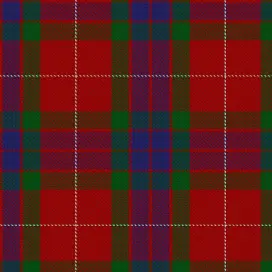Why are so many amateur genealogists retired? Simple answer: genealogy is time-consuming. Don’t get me wrong, the detective work is fun, but after the initial rush when historical records just seem to fall in your lap, things really slow down and every new fact is hard-won, often involving many hours of research to locate and confirm. For those who, like me, are still at work, weeks may pass between data points discovered.
So I find time wherever I can. Sometimes I have twenty minutes at lunch, sometimes an hour in the evening, and like anything else, the context switch is expensive. Computer scientists are familiar with this concept, the price (in time) paid to have a processor swap in and out of execution threads. It works the same with people: multitasking is expensive because of the time lost getting back up to speed on something after a context switch. Everything is so much more efficient if one can just focus on it for several hours at a time, but those hours are necessarily taken at the expense of something else.
There is another aspect to time here, however. Perhaps like many with this interest, I planned to research my roots “someday,” and it was only when I was laid up for a week with an injury that I felt “someday” had arrived and I began in earnest. There is a cost to this delay: those with direct memories of facts and events of interest are now getting on in years and may not be around later to tell what they know. My father is now 90 years old, and his memory is not what it was even just a few years ago. Names, dates, and places become confused, and everything must be carefully cross-checked. He is also interested in seeing the results of my work, seeing his own links to ancestors — who knows, perhaps some famous ones? — and said to me pretty directly “You’d better hurry; I may not have much time, you know.”
So, I do feel a certain sense of urgency, and I am refocusing my research to fill in life details for more recent ancestors. I know my father would like to know more about those a few generations back — his father never told him much about his grandfather — but his own story is so interesting that I want to make sure I get it right. The stories of those more ancient will still be there waiting to speak to me. Time is on their side; it is only the living who must steal it when they can.

